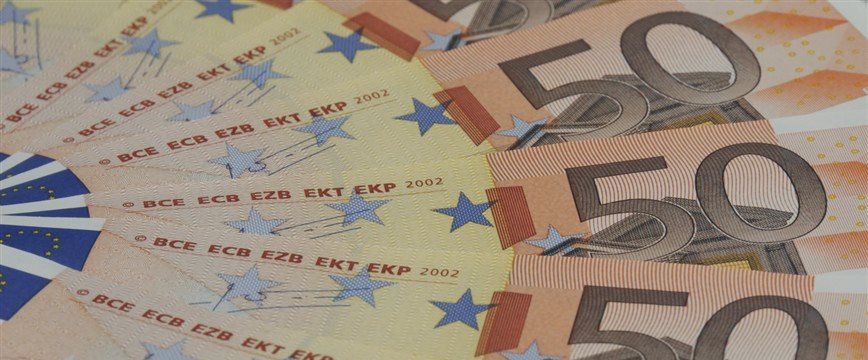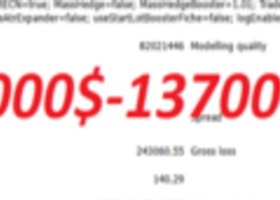
On Friday the euro weakened on remarks from European Central Bank chief Mario Draghi, who hinted strongly at ECB action as soon as the December meeting.
Following Draghi's remarks, the euro fell as low as $1.0664 and traded near three-month lows against the British currency.
EUR/USD last traded at 1.0684, down 0.46%, while EUR/GBP was last seen at 0.6995, down 0.36%.
Mario Draghi pointed to changes to the
ECB's asset purchase program and deposit rate as potential tools to stop
inflation from falling further below its target of just under 2%. He said the risk had
increased that the ECB would miss that target.
"If we decide (on Dec. 3) that the current trajectory of our policy is not sufficient to achieve our objective, we will do what we must to raise inflation as quickly as possible," he told a conference in Frankfurt.
"It took between five and eight quarters for the countries now making up the euro area to recover their pre-recession level of real output after the slumps of the 1970s, 1980s and 1990s. During the recent recession – which was admittedly the worst since the 1930s – it took the US economy 14 quarters to reach its pre-crisis peak. If our current assessment is correct, it will take the euro area 31 quarters to return to its pre-crisis level of output – that is, in 2016 Q1."
The strength of the euro zone's rebound was modest and the global
outlook for demand, especially in emerging countries, had worsened
significantly in recent months, Draghi noted.
His views appeared likely to meet some objections on the ECB's decision-making Governing Council, which includes the bank's executive board members and the governors of the bloc's 19 central banks.
Speaking at the same event, Bundesbank's president Jens Weidmann, one of the most active critics of the ECB's ultra-easy policy, chose a more positive tone on the economy and made the case for waiting before taking new policy steps.
"I see no reason to talk down the economic outlook and paint a gloomy picture," Weidmann said. "We should also not forget that the monetary policy measures already taken still need time to fully feed into the economy."
Meanwhile, the pound sterling weakened after the release of downbeat U.K. data.
The U.K. Office for National Statistics reported on Friday that public sector net borrowing rose by £7.47 billion in October after an increase of £8.33 billion in September, whose figure was revised from a previously estimated £8.63 billion rise. Analysts had expected borrowing to increase by £5.50 billion last month.
GBP/USD was last seen at 1.5276, down 0.1%.


